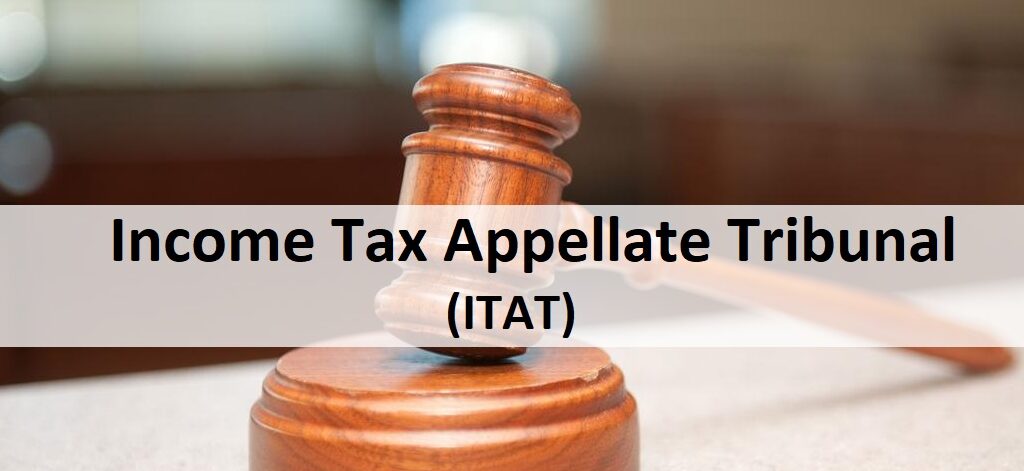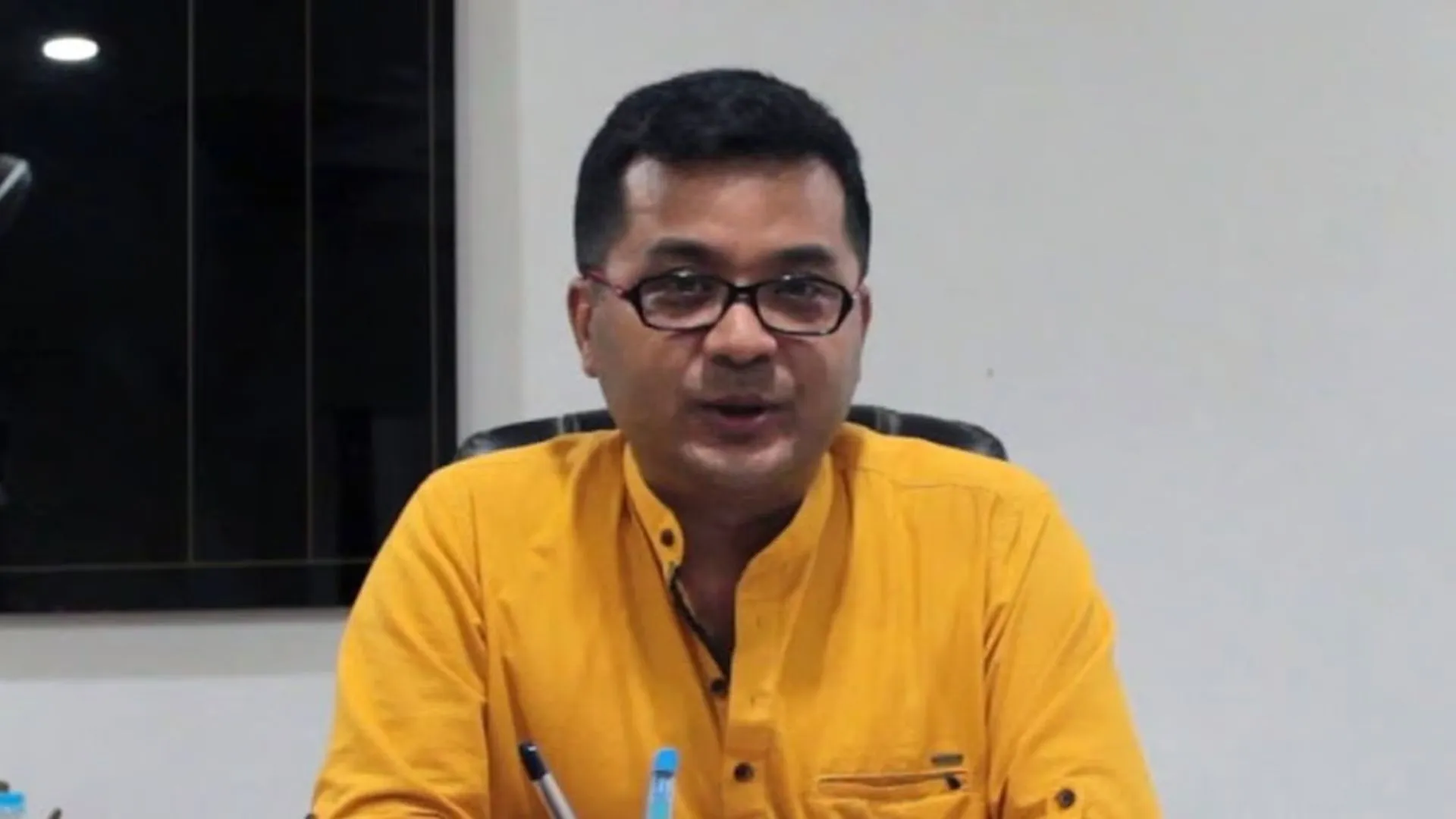The Kolkata Bench of Income Tax Appellate Tribunal in the case /s. Stewart Holl (India) Limited Versus Assistant Director of Income Tax observed and has held that the income of the assessee should be computed first after making of the disallowance and whatever the resultant income only 40% of that income has to be treated as the taxable income which being in the terms of Rule 8(1) of the Income Tax Rules, 1962.
The bench comprising of Judicial member, Sanjay Garg and the Accountant Member, Rajesh Kumar in the case observed and has directed the Assessing Officer to compute the income after making of the disallowance with regards to of EPF late deposit by the assessee and then recompute the taxable income by applying the Rule 8(1) of the Income Tax Rules, 1962.
In the present case, the assessee raised the ground that despite of the disallowance which being on the account of the late deposit of employees and the shares towards the Provident Fund contribution after the due date, the income has to be computed pursuant to Rule 8(1) of the Income Tax Rules, 1962. Therefore, the court stated that the income of the assessee needs to be computed from the business of tea growing and manufacturing equal to 40% of total income determined in accordance with the Act and the taxed accordingly. Assessing Officer, CP
Therefore, the Assessing Officer, CPC in the case disallowed the amount of Rs.2,51,10,171 on account of late payment of the contribution of employee to the Provident fund, which is to be deposited beyond the due date.
The court in the case dismissed the CIT(Appeals) of the assessee wherein holding that the employees’ contribution to EPF has to be deposited within the stipulated time and the same should not be within the time allotted.
Accordingly, the allowed the appeal of the Tribunal and has directed the Assessing Officer in order to make recomputation.























